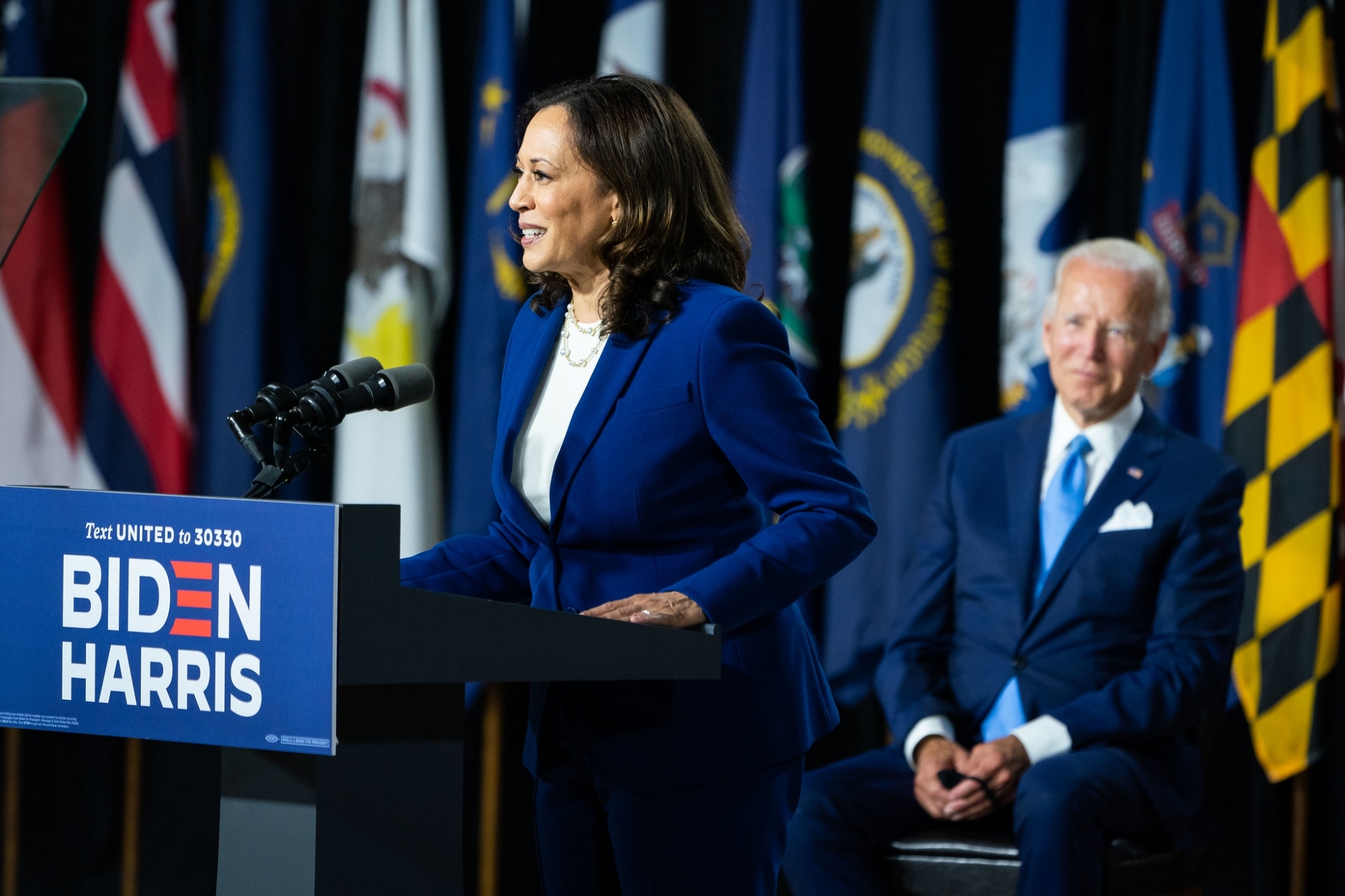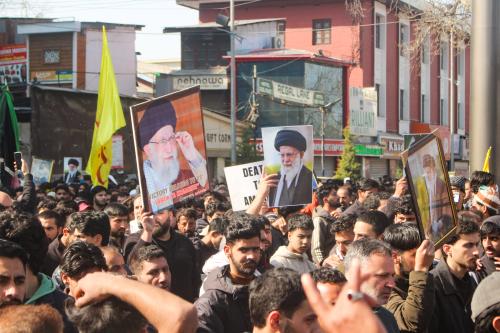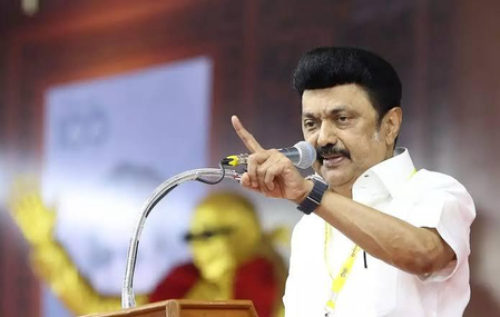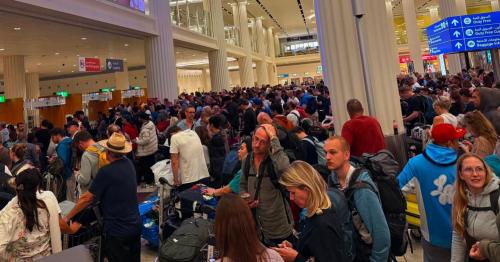BY ARUL LOUIS New York, Aug 17 (IANS) Joe Biden, who will be the Democratic Party's presidential candidate, will give "high priority to" strengthening India-US relations including on counter-terrorism and for ensuring China can't threaten its neighbors, according to his campaign. A document, "Joe Biden's Agenda for the Indian American Community," issued by his campaign on Saturday outlining his stand on issues of interest to those citizens said that Biden will introduce several immigration reforms that could benefit Indians, who face decades-long backlogs, and modernise the H1-B and other work-based visas for highly qualified professionals. The document said, "No common global challenge can be solved without India and the United States working as responsible partners." "Biden believes there can be no tolerance for terrorism in South Asia - cross-border or otherwise," the agenda said. "A Biden administration will also work with India to support a rules-based and stable Indo-Pacific region in which no country, including China, is able to threaten its neighbors with impunity," it added. Unlike communal appeals to Muslims and Jewish people in religion-specific documents, there were no such Biden agendas for Hindus, Sikhs, Buddhist and Jains but only a general document directed at Indian Americans. The Democratic Party's list of religious leaders who will be saying the opening prayers and giving the blessings at its convention sessions has only members of various Christian sects, the Jewish faith and Islam. On bilateral relations with India, the Agenda for Indian American Communities noted that when Biden was the chair of the Senate Foreign Relations Committee in 2007, he had said, "My dream is that in 2020, the two closest nations in the world will be India and the United States." "Biden will deliver on his long-standing belief that India and the United States are natural partners, and a Biden administration will place a high priority on continuing to strengthen the US-India relationship," it said. It added, "Together, we will continue strengthening India's defence and capabilities as a counter-terrorism partner, improving health systems and pandemic response, and deepening cooperation in areas such as higher education, space exploration, and humanitarian relief." On issues directly impacting Indian Americans, the agenda said that "Biden will ensure that South Asian Americans are represented in his administration, starting with his vice presidential nominee, Senator Kamala Harris, whose mother emigrated from India." On immigration, the agenda said that reforms that while supporting family-based immigration, increase the number of green cards for those qualifying based on employment, subject to "macroeconomic conditions," the agenda said. These reforms will cut the decades-long waits for visas, it said. Any recent PhDs in science, technology, engineering and mathematics fields would be exempt from the limits on the number of green cards, it said. Biden will also support reforming the H1-B and other employment-based visa systems to "protect wages and workers," the agenda said without providing further details. It said that Biden will support a pathway to citizenship for illegal immigrants from India, who it said numbered 500,000. Trump has proposed ending green cards for extended family members beyond the nuclear family, while introducing a merit-based system of immigration. Biden's agenda said the work visas procedures for religious workers like priests and imams would be streamlined. The Biden agenda offered direct federal protection for places of religious worship like temples, gurdwaras and mosques so that they don't have to depend on donations to ensure their safety. The document mentioned the 2012 White supremacist attack on a Wisconsin gurdwara in which seven people were killed while he was vice president and the 2019 "horrific act of vandalism" against a Hindu temple in which a murti or sacred image was defaced, window broken and xenophobic messages painted. It said that "we cannot leave our faith-based organizations to rely on donations and internal fundraising efforts to guard against deadly attacks" and said that Biden would "ensure that places of worship have access to robust and direct security support from the federal government." The agenda accused Trump of encouraging and emboldening prejudice and hatred dangerously. "Indian Americans of all backgrounds -- Hindu, Sikh, Muslim, Jain, and others -- have been subjected to bullying and xenophobic attacks and need now, more than ever, a reassurance that our leaders in Washington will have their backs," the agenda said. A Biden administration would prioritise fighting hate crimes, "confront White nationalist terrorism" and increase penalties for hate crimes occurring in places of worship like "gurudwaras, mandirs, temples, and mosques." The agenda directed towards Indian Americans offered that "Biden will rescind Trump's 'Muslim ban' on day one," even though the restrictions by the Trump administration does not apply to all Muslims, but to citizens of all faiths from certain countries where there are problems with screening visa applicants. India is not among those countries and there are no blanket bans on Indian Muslims. The Agenda for Indian American Communities was silent on the Kashmir issue and the Citizenship Amendment Act (CAA), which had been raised in his Agenda for Muslim American Communities. In contrast, the document for Indian Americans was silent on the persecution or infringement of the rights of Hindus, Sikhs, Buddhists, Jains and Christians in Muslim countries, whom the CAA sought to protect. However, responding to the attack on a gurdwara in Afghanistan, had said in May, "I stand with the Sikh and Hindu communities in Afghanistan seeking safety for their families and the freedom to practice their faiths." He had urged the Department of State to give them emergency refuge. (Arul Louis can be reached at arul.l@ians.in and followed on Twitter at @arulouis)
Biden to prioritise India ties to fight terror, stop China threats
- by Rinku
- August 17, 2020 2 minutes

Senator Kamala Harris and former Vice President Joe Biden, who will be the Democratic Party candidate for president at the announcement on August 12, 2020, that she will be the vice presidential candidate. (Photo: Biden Campaign/IANS)
'Pakistan occupied Balochistan'
August 17, 2020










